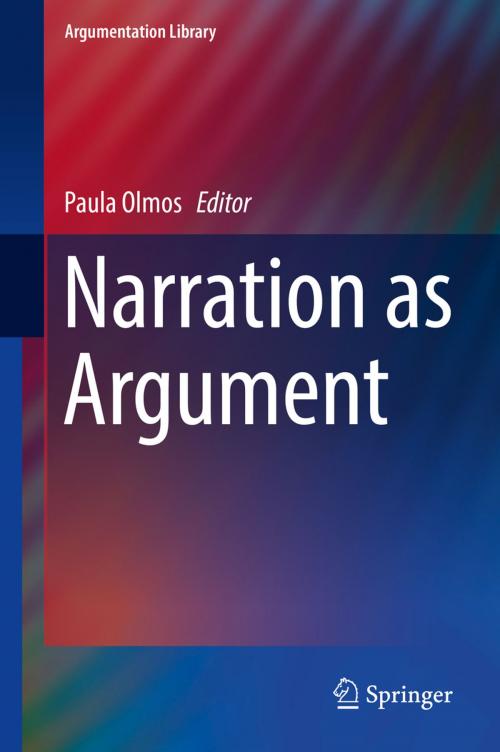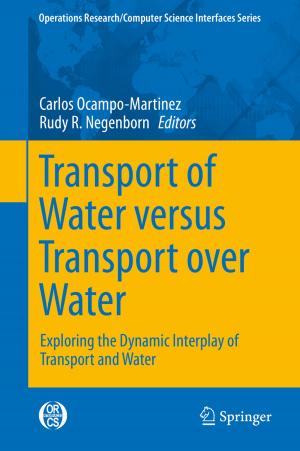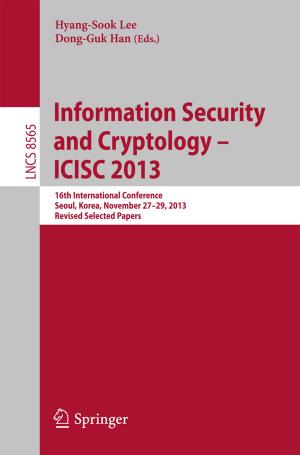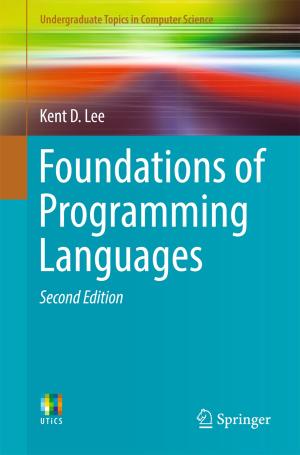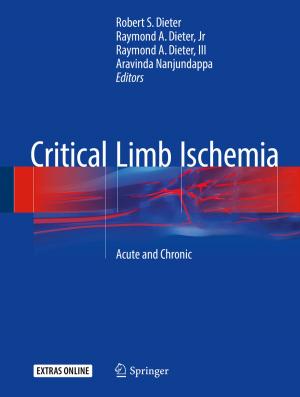Narration as Argument
Nonfiction, Religion & Spirituality, Philosophy, Logic, Reference & Language, Language Arts, Linguistics| Author: | ISBN: | 9783319568836 | |
| Publisher: | Springer International Publishing | Publication: | May 9, 2017 |
| Imprint: | Springer | Language: | English |
| Author: | |
| ISBN: | 9783319568836 |
| Publisher: | Springer International Publishing |
| Publication: | May 9, 2017 |
| Imprint: | Springer |
| Language: | English |
This book presents reflections on the relationship between narratives and argumentative discourse. It focuses on their functional and structural similarities or dissimilarities, and offers diverse perspectives and conceptual tools for analyzing the narratives’ potential power for justification, explanation and persuasion. Divided into two sections, the first Part, under the title “Narratives as Sources of Knowledge and Argument”, includes five chapters addressing rather general, theoretical and characteristically philosophical issues related to the argumentative analysis and understanding of narratives. We may perceive here how scholars in Argumentation Theory have recently approached certain topics that have a close connection with mainstream discussions in epistemology and the cognitive sciences about the justificatory potential of narratives. The second Part, entitled “Argumentative Narratives in Context”, brings us six more chapters that concentrate on either particular functions played by argumentatively-oriented narratives or particular practices that may benefit from the use of special kinds of narratives. Here the focus is either on the detailed analysis of contextualized examples of narratives with argumentative qualities or on the careful understanding of the particular demands of certain well-defined situated activities, as diverse as scientific theorizing or war policing, that may be satisfied by certain uses of narrative discourse.
This book presents reflections on the relationship between narratives and argumentative discourse. It focuses on their functional and structural similarities or dissimilarities, and offers diverse perspectives and conceptual tools for analyzing the narratives’ potential power for justification, explanation and persuasion. Divided into two sections, the first Part, under the title “Narratives as Sources of Knowledge and Argument”, includes five chapters addressing rather general, theoretical and characteristically philosophical issues related to the argumentative analysis and understanding of narratives. We may perceive here how scholars in Argumentation Theory have recently approached certain topics that have a close connection with mainstream discussions in epistemology and the cognitive sciences about the justificatory potential of narratives. The second Part, entitled “Argumentative Narratives in Context”, brings us six more chapters that concentrate on either particular functions played by argumentatively-oriented narratives or particular practices that may benefit from the use of special kinds of narratives. Here the focus is either on the detailed analysis of contextualized examples of narratives with argumentative qualities or on the careful understanding of the particular demands of certain well-defined situated activities, as diverse as scientific theorizing or war policing, that may be satisfied by certain uses of narrative discourse.
